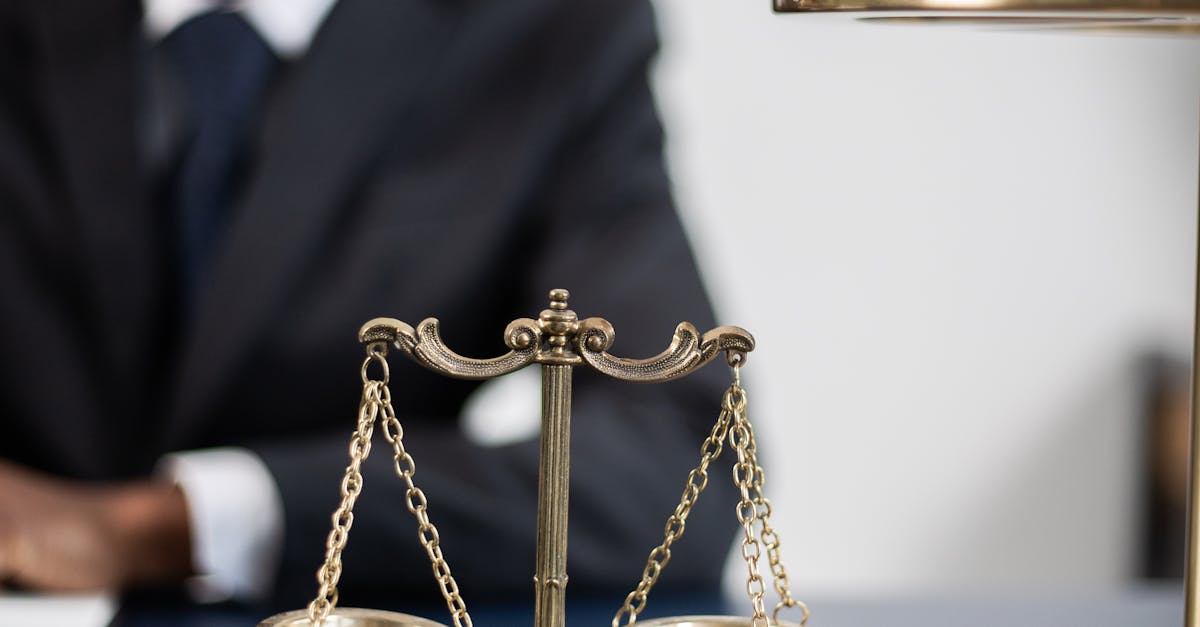As a legal professional, it’s crucial to understand the process of questioning a potential witness or defendant. In high-profile cases, like the one involving Wade, this becomes even more important. The case has sparked national attention and has raised questions about the role of attorneys in questioning witnesses and defendants. In this article, we will delve into the topic of attorney questioning wade and provide valuable insights on how to handle it.
1. Understanding Attorney Questioning Wade
Definition of Attorney Questioning Wade
To put it simply, attorney questioning is the process of an attorney asking questions to gather information and evidence for a case. In the context of Wade’s case, it refers to the questioning of both the victim and the defendant. This can happen during depositions, hearings, or trials. It is an essential step in building a case and preparing for trial.
Role of Attorneys in Questioning Wade
Attorneys play a critical role in questioning Wade. They are responsible for gathering information from both parties, cross-examining witnesses, and presenting their arguments to the court. Their goal is to establish the truth and build a strong case for their client. They must also adhere to ethical standards and ensure that the questioning is conducted professionally and respectfully.
Importance of Proper Questioning Techniques
Effective questioning techniques are crucial for attorneys in Wade’s case. How they question both the victim and defendant can make or break the case. It requires a thorough understanding of the law, effective communication skills, and the ability to think on their feet. Improper questioning can lead to unreliable information being presented in court and jeopardize the outcome of the case.
Admissibility of Evidence Gathered from Questioning
Another vital aspect of attorney questioning is the admissibility of evidence gathered. Attorneys must follow the rules of evidence and ensure that the evidence they present in court is admissible. Improperly obtained evidence can be thrown out, and this can significantly impact the outcome of a case. Therefore, attorneys must be well-versed in the rules of evidence to avoid any mishaps.
Planning for Effective Questioning
Proper planning is essential for effective attorney questioning. Attorneys should thoroughly review all available information and evidence before questioning both parties. They should also anticipate potential arguments or objections from the opposing counsel and prepare accordingly. This will help them stay on track and ask relevant questions that will strengthen their case.
2. How to Use Attorney Questioning Wade

Identifying Key Information
The first step in using attorney questioning wade is to identify key information that will support your case. This includes gathering details about the incident, witnesses present, and any other relevant information. By asking strategic questions, attorneys can uncover crucial information that can strengthen their case.
Cross-Examining Witnesses
Attorneys must utilize effective cross-examination techniques when questioning witnesses. This involves asking leading questions and challenging their credibility to reveal inconsistencies or falsehoods in their testimony. Cross-examination can also help attorneys discredit witnesses who may have a bias against their client.
Presenting Arguments
Another way to use attorney questioning wade is by presenting persuasive arguments to the court. Attorneys should use the information gathered during questioning to build a strong narrative and convince the judge or jury of their client’s innocence. This requires excellent communication skills and the ability to present complex information in a compelling manner.
Objecting to Improper Questions
During questioning, attorneys must also be vigilant in identifying improper questions from the opposing counsel. These include leading questions, hearsay, and irrelevant questions. It is their responsibility to object to these questions and ensure that only admissible evidence is presented in court.
Building Credibility
Attorney questioning can also be used to build credibility for their client. By asking relevant and well-researched questions, attorneys can demonstrate their client’s innocence and establish a strong defense. This will help sway the opinions of the judge or jury in favor of their client.
3. Examples of Attorney Questioning Wade

Using Demonstrative Evidence
In Wade’s case, his attorney could use demonstrative evidence, such as photos or videos, to support their questioning. This can help paint a clearer picture of what happened and discredit any false claims made by the opposing party.
Challenging Inconsistent Statements
Attorneys can also use questioning to challenge inconsistent statements made by witnesses or the opposing party. This can significantly weaken their credibility and strengthen the case for their client.
Using Leading Questions
Leading questions can be used effectively to guide the testimony of a witness in a particular direction. This can be useful in getting the information needed to build a strong case.
Presenting Expert Witnesses
Attorneys may also choose to present expert witnesses to provide specialized knowledge or opinion on the case. This can add more credibility to their arguments and help persuade the court towards a favorable decision.
Refuting Allegations
Attorneys can use questioning to refute any allegations made by the opposing party. By asking specific questions, they can uncover evidence that disproves these allegations and supports their client’s innocence.
4. Comparisons for Attorney Questioning Wade
Direct vs. Cross-Examination
Direct examination is when an attorney asks questions to their own witness, while cross-examination is when an attorney questions the opposing party’s witness. Both have different objectives and require different techniques to be effective.
Formal vs. Informal Questioning
Formal questioning takes place in a courtroom setting, while informal questioning can happen outside of a trial. Attorneys must adjust their approach depending on the setting to ensure they gather the necessary information.
Open vs. Closed Questions
Open-ended questions allow for more detailed responses, while closed-ended questions require only a yes or no answer. Attorneys must use both types of questions effectively to gather information and build their case.
Questioning vs. Interrogation
Questioning is conducted in a professional manner, while interrogation involves aggressive tactics aimed at obtaining a confession. Attorneys must adhere to ethical standards and avoid crossing the line into interrogation.
Oral vs. Written Questions
Oral questions are asked during depositions or court proceedings, while written questions are submitted to witnesses in advance. Both have their advantages and disadvantages, and attorneys must choose the most effective approach depending on the circumstances.
5. Advices for Attorney Questioning Wade
Prepare Thoroughly
Preparation is key when it comes to attorney questioning wade. Attorneys must review all available information and anticipate potential arguments or objections from the opposing counsel. This will help them stay on track and ask relevant questions that will strengthen their case.
Listen Carefully
Attorneys must listen carefully to witness testimony and take note of any inconsistencies. These can be used to challenge their credibility and strengthen their client’s case.
Be Professional and Respectful
It is essential for attorneys to maintain a professional and respectful demeanor during questioning. Any aggressive or inappropriate behavior can harm their credibility and negatively impact the outcome of the case.
Stay Focused
Questioning can be a lengthy process, and attorneys must stay focused and engaged throughout. They must ensure they ask all relevant questions and do not miss any crucial information.
Utilize Effective Communication Skills
Effective communication skills are essential for attorneys when questioning wade. They must be able to articulate their questions clearly and persuasively present their arguments to the court.
FAQs about Attorney Questioning Wade
Q: What is the purpose of questioning wade?
A: The purpose of questioning wade is to gather information and evidence that will support the attorney’s case.
Q: Can attorneys object to improper questions during questioning?
A: Yes, attorneys can object to improper questions, such as leading questions or hearsay, to ensure only admissible evidence is presented in court.
Q: Is cross-examination necessary during questioning?
A: Cross-examination is an essential part of questioning wade as it allows attorneys to challenge the credibility and consistency of a witness’s testimony.
Q: Can attorneys use visual aids during questioning?
A: Yes, attorneys can use demonstrative evidence, such as photos or videos, to support their questioning.
Q: How can attorneys build credibility for their client during questioning?
A: Attorneys can build credibility by asking well-researched questions, challenging inconsistent statements, and presenting expert witnesses.
Conclusion
Attorney questioning wade plays a crucial role in gathering information and building a strong case. It requires thorough preparation, effective communication skills, and adherence to ethical standards. By utilizing proper questioning techniques, attorneys can strengthen their arguments and persuade the court towards a favorable decision. With this knowledge, attorneys can handle cases involving high-profile individuals like Wade with confidence and professionalism.

